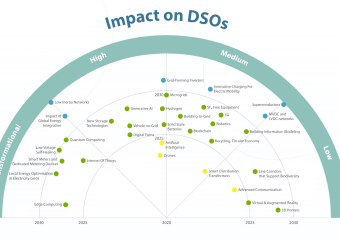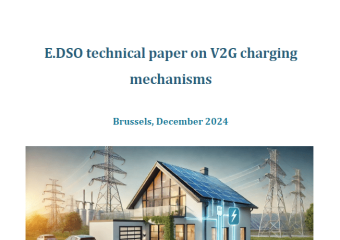As cities are shifting from centralised to local energy production, the stress on grids in densely populated areas is becoming increasingly apparent. In some urban areas, delayed grid connections, congestion issues and limitations to infrastructure expansion are already limiting residential and commercial activities. To prevent further disruption, it is essential for DSOs and Local Authorities to collaborate closely, ensuring that grid status and needs are integrated into urban planning and decision-making.
Several initiatives at both European and national levels empathize the importance of cooperation between cities and DSOs. This collaboration is crucial for supporting the efficient and secure operation of the distribution system amid the ongoing energy transition. Effective communication is the cornerstone of a successful collaboration. However, practice shows that the communication between DSOs and cities is hindered by:
- The multitude of stakeholders that need to be involved – normally coming from different departments with their own interests and priorities;
- The complexity of understanding technical grid issues for external stakeholders; and
- The existence of practices that limit information sharing.
To address this multifaceted challenge, the concept of Local Energy Action Plans (LEAPs) is emerging as a powerful tool for seamless DSO-city collaboration. A LEAP is an action plan jointly developed by the municipal authorities and the DSO managing the local grid in consultation with other relevant stakeholders. LEAPs integrate urban and energy planning to ensure that planned actions at a local level align with the capabilities of the grid
Download E.DSO first Innovation Brief to explore the content of a LEAP and its potential for EU wide replication.
—-
- Lorem ipsum
- Lorem ipsum
- Lorem ipsum
- Lorem ipsum
- Lorem ipsum
- Lorem ipsum
Lorem ipsum Lorem ipsum Lorem ipsum






